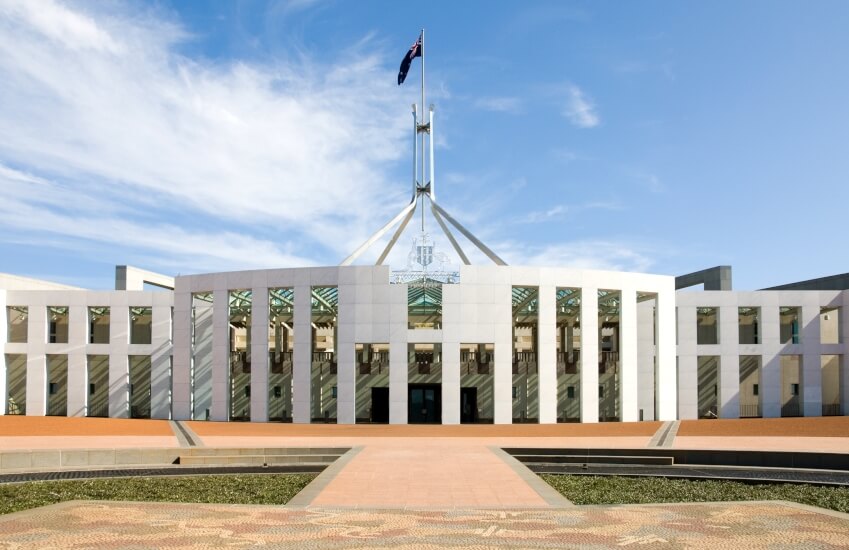Treasury Laws Amendment (2020 Measures No. 3) Bill 2020 has now been tabled before the House of Representatives and includes retrospective amendments to the Boosting Cash Flow for Employers (Coronavirus Economic Response Package) Act 2020.
The amendments clarify that entities can receive a cash-flow boost payment, including alienated personal services payments, under Division 13 in Schedule 1 to the Tax Administration Act 1953, and is to be treated in the same way as payments for work and services, retirement or because of termination of employment, and benefit and compensation payments.
Speaking to Accountants Daily, Knowledge Shop tax director Michael Carruthers said the changes would improve access for entities that fail the personal services income (PSI) tests and have PAYGW obligations under the PSI rules.
“As the rules stand at the moment, when dealing with a company or trust that derives income from someone’s personal services, you need to distinguish between amounts that are actually paid as salary or wages to the individual (which can be taken into account under the cash-flow boost rules) and amounts that are merely attributed to the individual under the PSI provisions (these are not taken into account under the cash-flow boost rules),” Mr Carruthers said.
“Both of these trigger PAYGW obligations for the entity and the PAYGW amounts are reported in much the same way on activity statements, but the outcome under the cash-flow boost rules can be very different.
“However, the government is planning to change the rules in this area so that PAYGW obligations that are triggered in relation to attributed PSI amounts are taken into account under the cash-flow boost rules in the same ways as PAYGW obligations that arise on payments of salary or wages.”
Once legislated, the amendments will apply to all payments of the cash-flow boost, including those for periods before the commencement of the amendments, meaning affected entities will either be entitled to the cash-flow boost or see their cash-flow boost amount increased.
Extending the instant asset write-off
The bill also includes the extension of the $150,000 instant asset write-off threshold for a further six months until 31 December 2020, as announced by the government last week.
The extension will allow businesses with an aggregated turnover of less than $500 million to claim an immediate deduction for depreciating assets that cost less than $150,000 and are first used or installed ready for use for a taxable purpose on or after 12 March 2020 and by 31 December 2020.
In addition, the bill also extends the temporary suspension of the five-year lock-out rules which can apply when a small-business entity chooses not to use the simplified depreciation rules. The suspension of these rules will be extended to 30 June 2021.
“Modifications will also be made to the rules for entities that have a substituted accounting period to improve access to the higher instant asset write-off thresholds. The way these rules are currently drafted has meant that entities with a year-end other than 30 June have not had the same level of access to the rules as entities using a standard 30 June year-end date,” Mr Carruthers said.
PAYG, GST indexation
The bill also puts into effect the government’s announcement to suspend the indexation of PAYG and GST instalment amounts for 2020–21.
As such, the GDP adjustment factor for the 2020–21 income year will be reduced to nil.
The GDP adjustment factor is applied by the commissioner to work out the amount of PAYG instalments payable by a taxpayer in certain circumstances.
The reduced GDP adjustment factor will also be used to work out the GST instalments payable by small-business entities in the 2021 income year.
Update: the bill has now passed both houses as of 18 June 2020.

 Login
Login








You are not authorised to post comments.
Comments will undergo moderation before they get published.